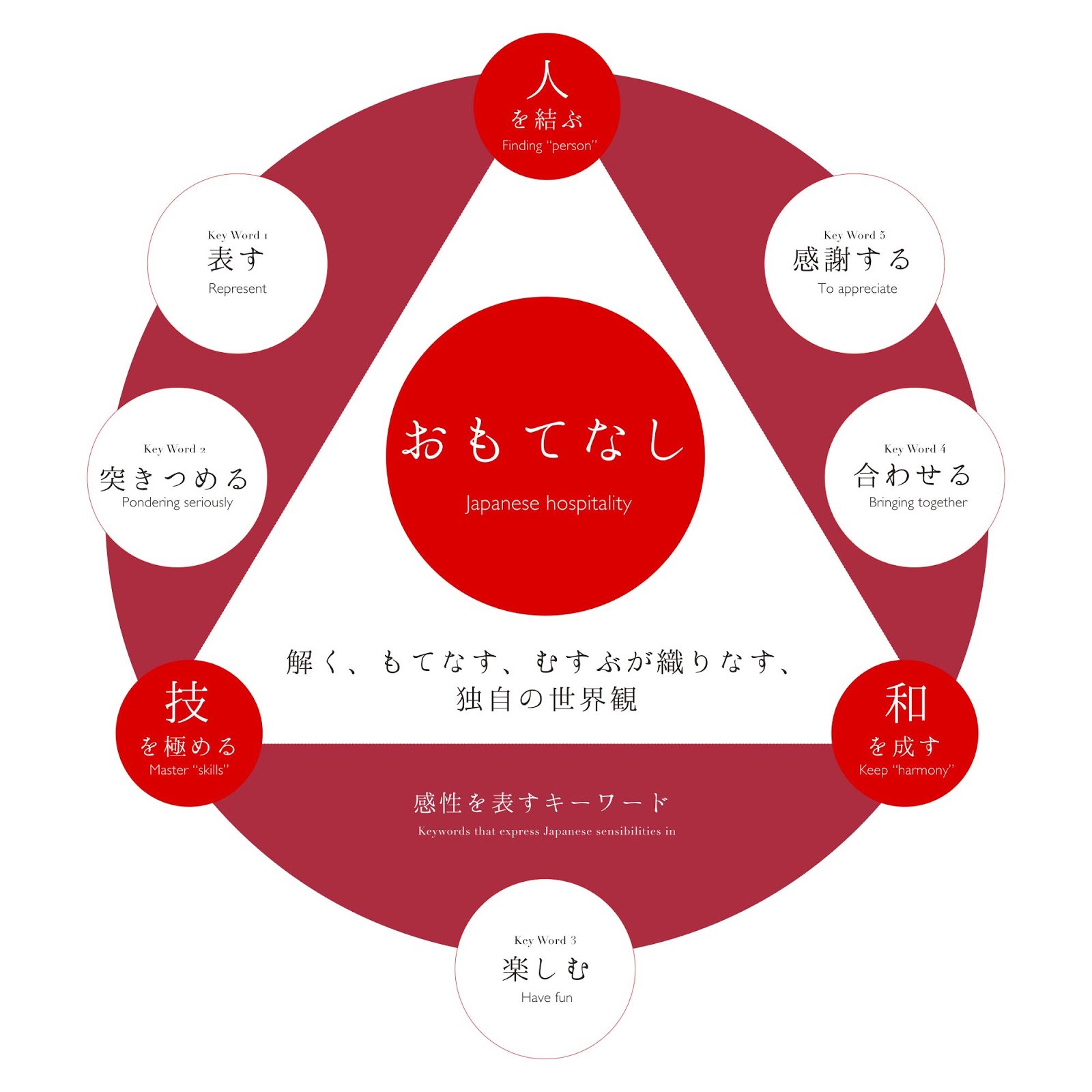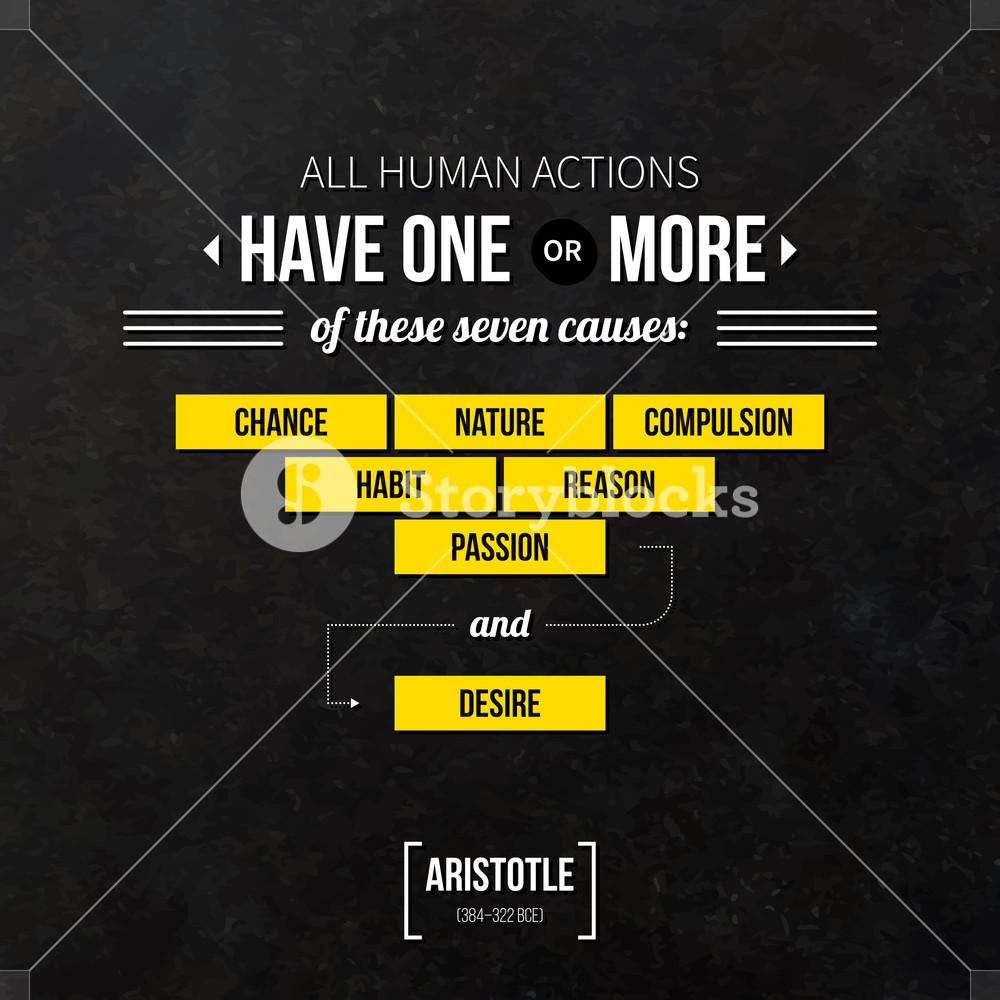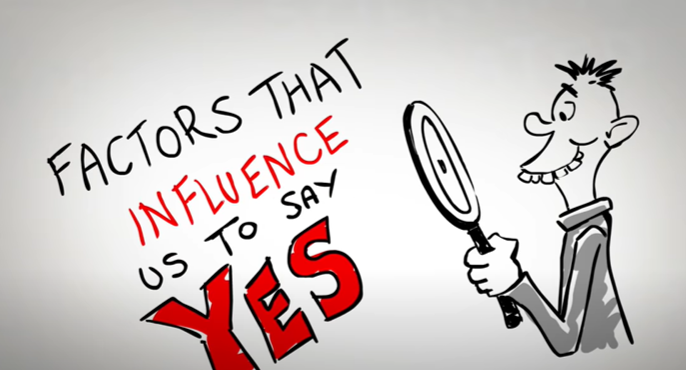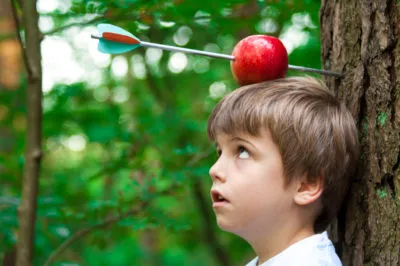Don’t leave anything to chance – Aristotle’s 7 Causes of Human Action
“All human actions have one or more of these seven causes: chance, nature, compulsion, habit, reason, passion, and desire.” [Aristotle]
Critical for any customer facing business is influencing human action. Attracting more sales than customers, be these new or returning customers.
There are a variety of factors influencing human behaviour along the path to purchase.
- Awareness – influenced by advertising and promotion (that’s our aim anyway)
- Consideration and preference – Reviews and recommendations as well as product information, price, perceived quality
- Purchase – the attributes of the product or service (or situation) that have the most impact on the rational or emotional thought at that time.
- Satisfaction, retention/loyalty and advocacy – the experiences through the purchase, especially of big items such as a home where cost and time invested is far greater than small purchases such as a chocolate bar.
Lexus talks about ‘customer for life’ with the sale being the first transaction in a long relationship focused on customer care, loyalty and continuous improvement or ‘Kaizen’. Their philosophy of Omotenashi – the Japanese spirit of hospitality that anticipates and fulfils people’s needs – is a key element woven into the design of Lexus vehicles.

True to the concept of omotenashi, Lexus endeavours to do more than simply meet a person’s needs and desires.
“We anticipate them and seamlessly deliver on that promise, so that whatever is required is always immediately available, whether that be smooth and responsive power or a discrete guiding sequence of interior lighting”.
This example of customer journey is more post-sale and not your every day purchase, but relates to how brands, services and products influence consumers through the journey.
In an article I wrote in 2019 about navigating the path to purchase, I discussed how the experience is multidimensional and it is not just about what users and shoppers say or do, it is also about how the feel and think. It is important customer focused businesses have empathy and transform that understanding into new products and services et cetera.
Seven Causes of Human Action
Research plays a primary role in providing such empathy, yet in many ways humans are really quite simple to understand. According to Greek philosopher Aristotle there are Seven Causes of Human Action which cab help us understand and influence the customers.

Chance
“The things that happen by chance are all those whose cause cannot be determined, that have no purpose, and that happen neither always nor usually nor in any fixed way.” [Aristotle]
In some lines of thinking a customer may have no clear motive to buy something and may stumble upon a product or brand by chance, and consequently buy something without a clear motive. Critical in this is how businesses convert the chance to a sale. The reasons for purchase would be again, multidimensional – was it that the website only took the customer through 2-3 clicks to buy it? Was the packaging new and eye catching, different to others that triggered a desire to try a new product.

Nature
“Those things happen by nature which have a fixed and internal cause; they take place uniformly, either always or usually.” [Aristotle]
Similar to ‘chance,’ how can businesses convert nature to a sale? If a shopper is hungry while doing the grocery shopping (which is never a good situation), the trolley will be guaranteed to contain more than what you planned to buy (and then you open the packet as soon its been scanned by the checkout attendant – anyone else do that?) Supermarkets are designed to take advantage of hungry shoppers willing to over-shop.
Compulsion
“Those things happen through compulsion which take place contrary to the desire or
reason of the doer, yet through his own agency.” [Aristotle]
Have you ever had a sweet craving and walked past a chocolate shop at just the right moment of temptation, then remember that it was a loved one’s mum’s birthday so bought some chocolates for in the same transaction. It is interesting to ponder how people pick one stop as opposed to another. How one shop evokes compulsion more than the next.
One of our recent projects involving in-store surveys found that 38% of customer purchases across those stores were impulsive. This allowed us to further explore what engaged customers walking by – window displays, certain products showcased, messaging to further connect. While the buyer acted on compulsion, what role did the brand, window display et cetera play in the emotional connection?
Habit
“Acts are done from habit which men* [*Lets say ‘people’ because, Aristotle was around in 384BC and believed women inferior] do because they have often done them before.” [Aristotle]
Humans are habitual by nature, and liking consistency and comfort. The rationale of creating habits talks about “needing to ensure the environment which triggers and sustains the habit is maintained.”
Habit science suggests that habits are sustained through the twin forces of triggers/prompts and rewards/gratifications. Humans will buy the brand through habit if there is a trigger or prompt to do so. Visible brands prime habits so next time the product is available and/or nearby to purchase. The trigger can be internal or external. External triggers can be as simple as the consumer finding themselves in the same context or situation. Buying product A because I always do in such a situation.
Reasoning
“Actions are due to reasoning when, in view of any of the goods already mentioned, they appear useful either as ends or as means to an end, and are performed for that reason.” [Aristotle]
The reasoning behind purchasing one product over another forms as information builds to justify such a decision, through previous behaviours, advertising, word of mouth or otherwise.
Passion
“To passion and anger are due all acts of revenge. Revenge and punishment are different things. Punishment is inflicted for the sake of the person punished; revenge for that of the punisher, to satisfy his feelings.” [Aristotle]
When the needs are satisfied (or overlooked), the ‘wants’ take control. Driven by emotions or a trigger of an emotional experience, that drives the consumer to act.
Desire
“Appetite is the cause of all actions that appear pleasant.” [Aristotle]
As opposed to rational needs – e.g. I need a new jumper – often actions are more emotive – a product, service or brand driven by an emotive connection, how it makes the customer feel, what it represents to and evoking a desire to be part of the tribe.
…
For me as human researcher, working with clients, it is about understanding human motivations and behaviours, which in many ways have not changed since Aristotle times.
I find it an immense privilege to work in research. The diversity of my projects and clients provides me a mere glimpse of all the amazing stuff happening out there in South Australia and the world, be it science magazines, pharmaceutical development, government programs, women’s health research, education, growth of the music industry bouncing back from COVID-19, renewable energy advancements, new products and so much more.
Yet, the thing about research, is the more I understand, the more I realise there is to learn.





